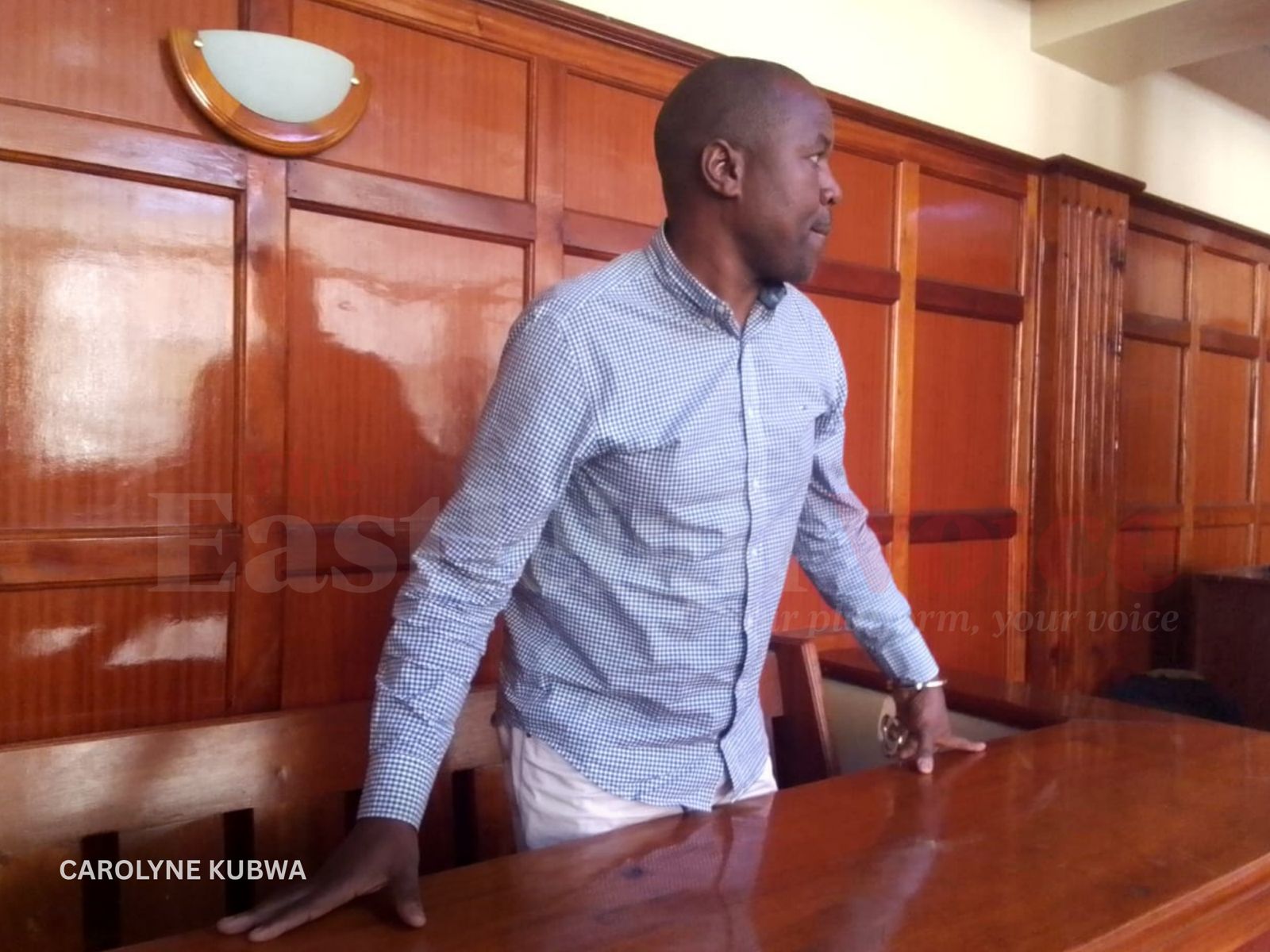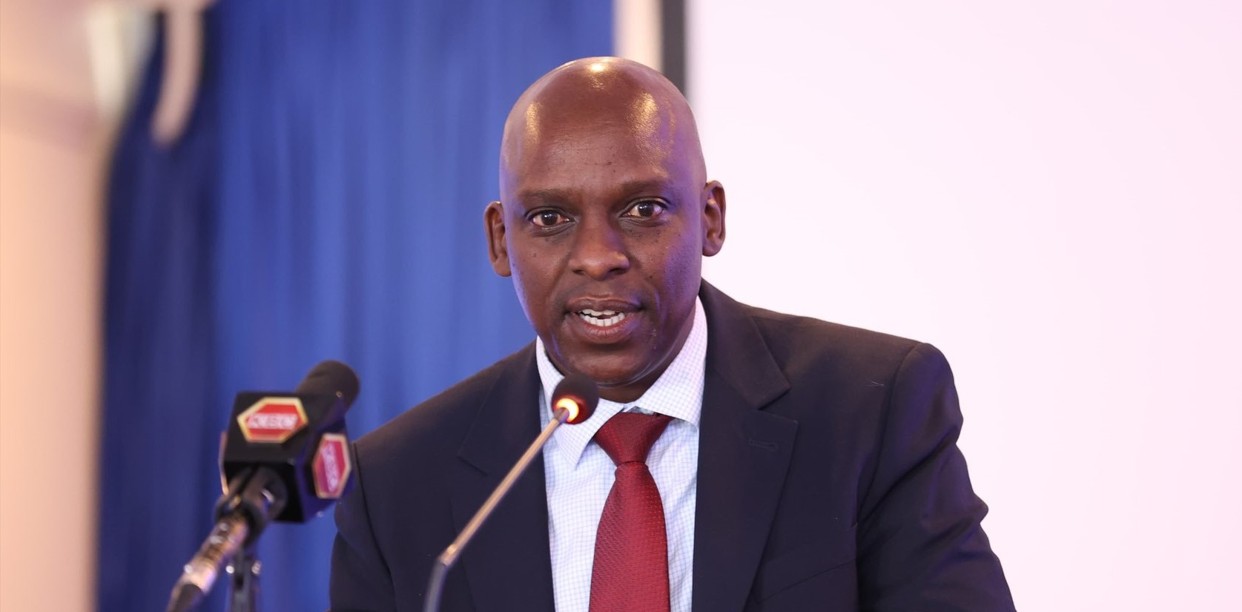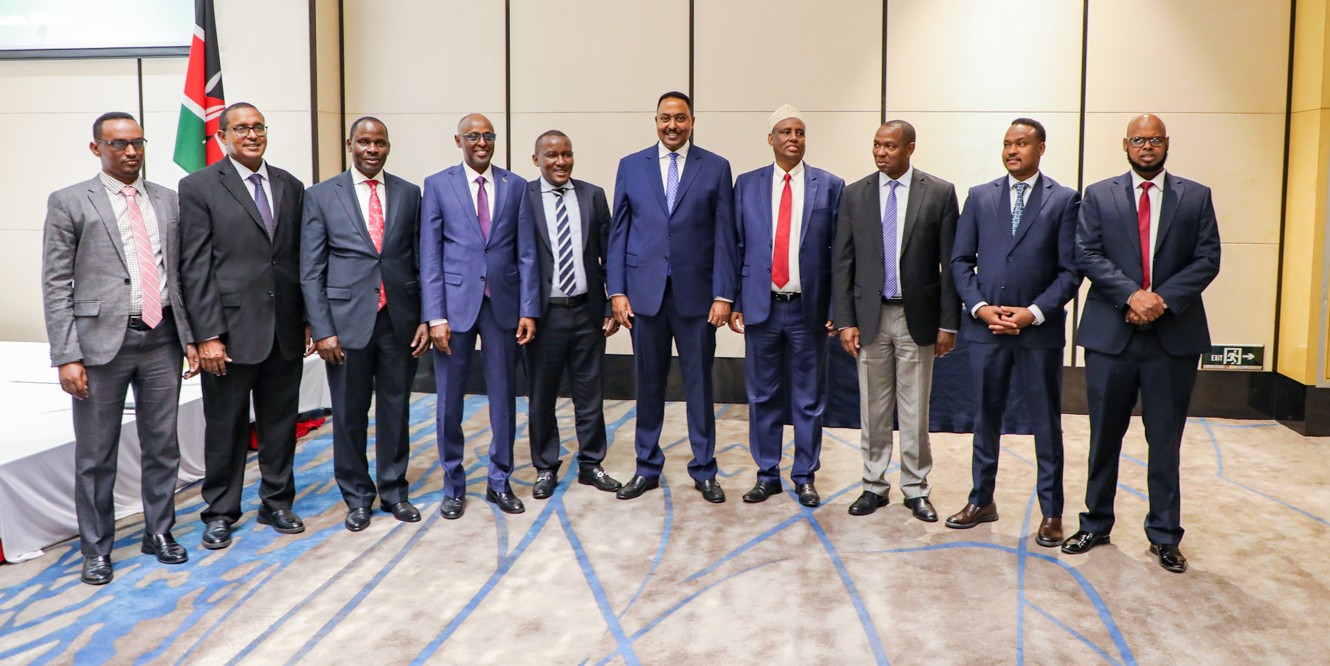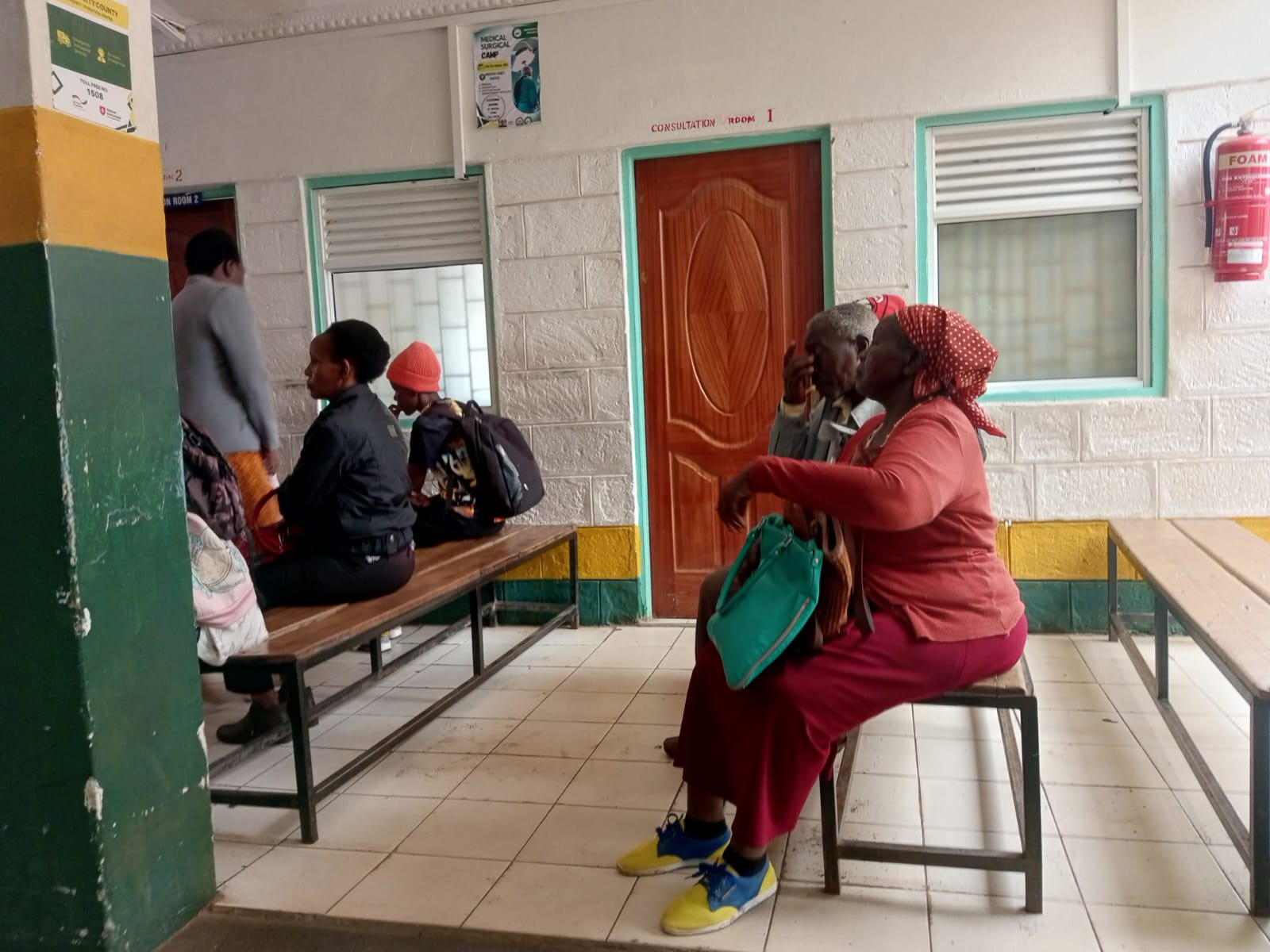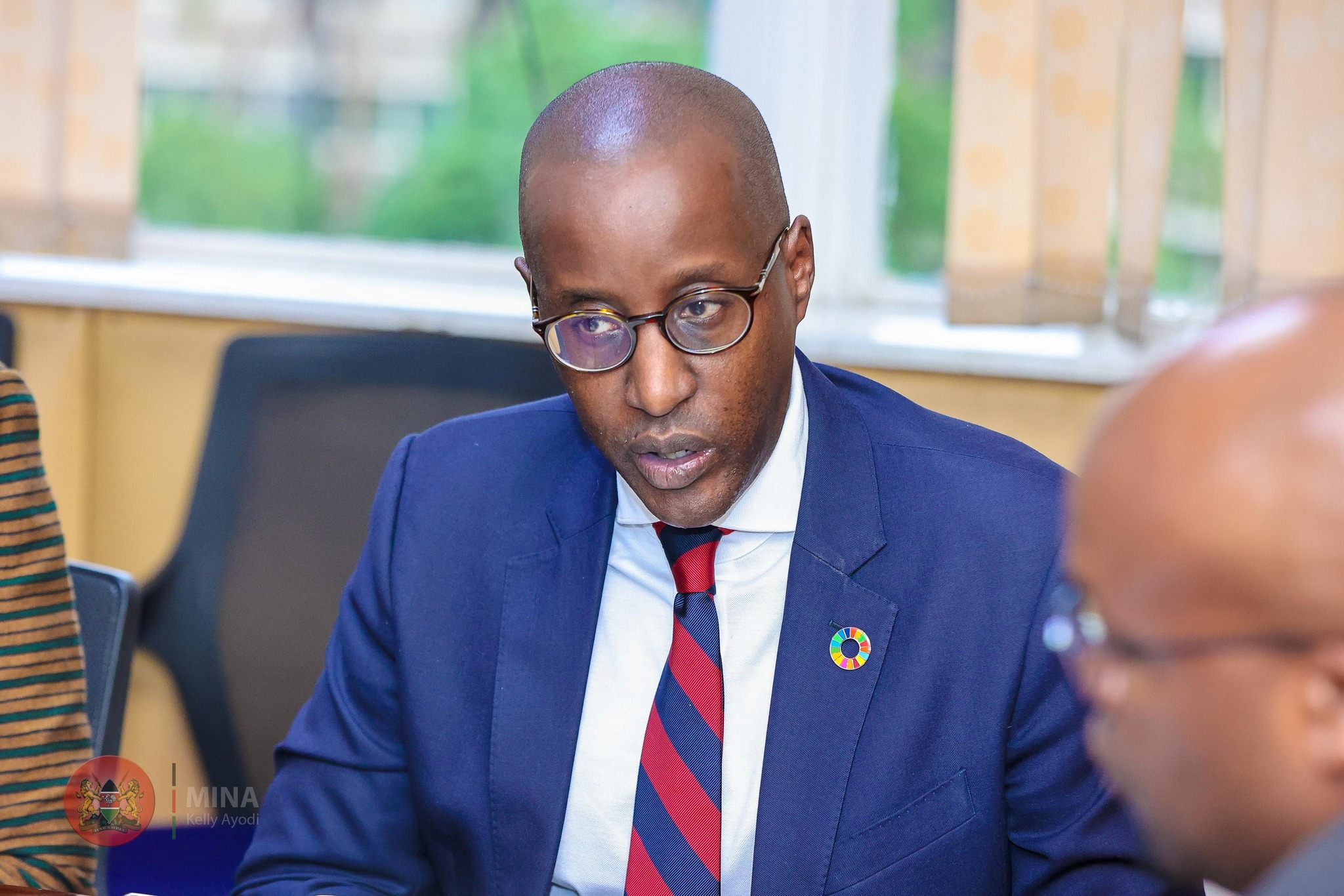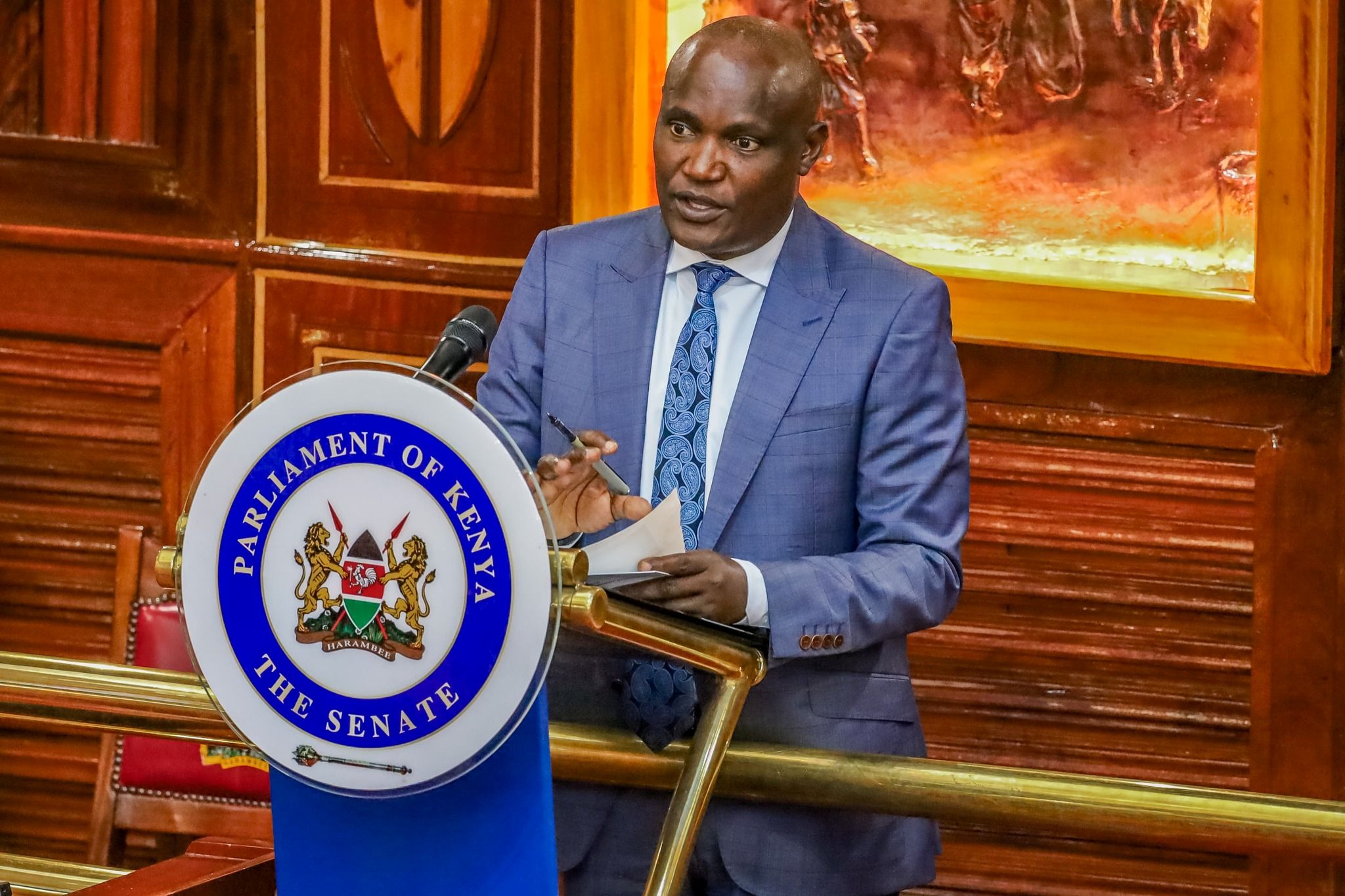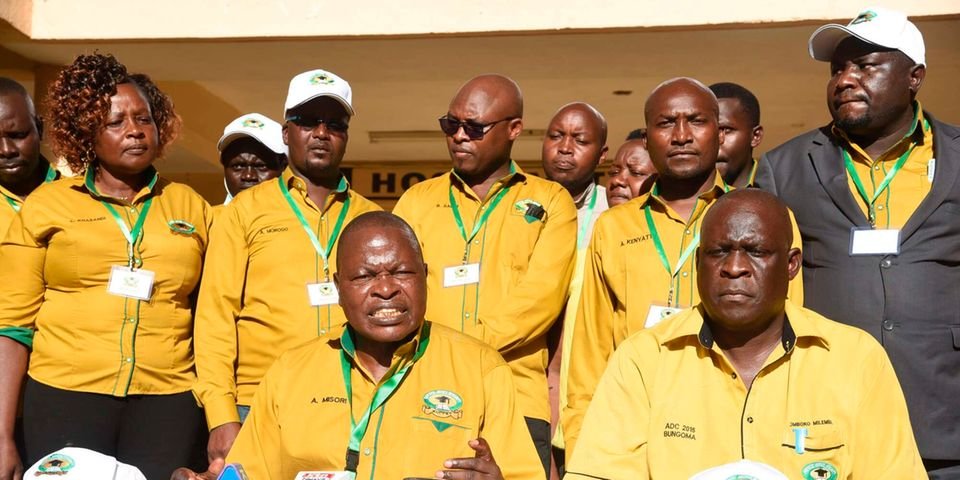Higher Education department blows Sh2 million on overpriced laptops and iPad, audit reveals
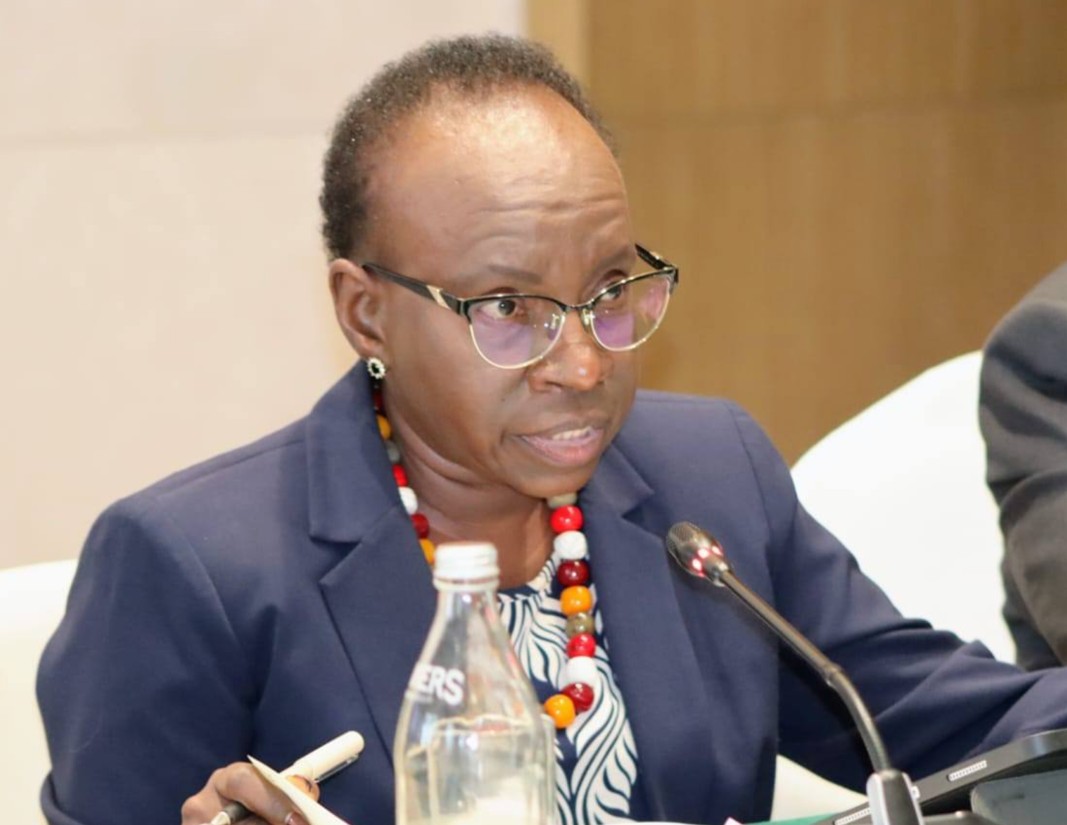
In her audit for the 2023/2024 financial year, Gathungu disclosed that the department paid Sh499,320 for each MacBook laptop and Sh460,000 for each iPad 4.
The Department of Higher Education blew millions on overpriced laptops and iPads, with each gadget costing more than double the expected price.
Auditor-General Nancy Gathungu now says the overspending drained over Sh2 million in taxpayers’ money in just one purchase.
More To Read
- KUTRRH officials grilled over Sh1.29bn budget overrun, obsolete PPEs and soaring debts
- Treasury blocks push to grant Auditor General budget autonomy
- Wasted billions: Auditor-General raises alarm over Sh304bn unused in key government projects
- Auditor General flags risks in Kenya’s Sh4.24 trillion budget, warns of rising debt
- Auditor-General warns of budget delays disrupting government services
- Sh46.5 billion equalisation fund shortfall denies marginalised counties critical services
In her audit for the 2023/2024 financial year, Gathungu disclosed that the department paid Sh499,320 for each MacBook laptop and Sh460,000 for each iPad 4.
This was despite the management’s own budget estimating the cost of each MacBook at Sh180,000 and each iPad 4 at Sh360,000.
As a result, six MacBooks, which should have cost Sh1 million, were bought at Sh2.99 million, while two iPads, originally budgeted at Sh720,000, ended up costing Sh920,000. The total overspending amounted to Sh2.1 million.
“In the circumstances, value for money on the procurements amounting to Sh2,995,920 and Sh920,000 in respect of six (6) MacBook laptops and two (2) iPad 4 respectively, could not be confirmed,” the report reads.
Gathungu said the move violated Regulation 51(2) of the Public Finance Management (National Government) Regulations, 2015, which requires all expenditure to be controlled against approved budgets and procurement plans.
In addition to the inflated costs, the department was also flagged for a number of procurement irregularities.
These included the use of direct procurement without meeting legal conditions, irregular cash procurement, non-compliance with quotation procedures, and failure to surrender imprests on time.
The Auditor-General noted that the department used direct procurement to pay a firm for servicing vehicles, yet the procurement records showed the service provider was single-sourced without justification.
She said the move went against Section 103(2) of the Public Procurement and Asset Disposal Act, 2015, which limits direct procurement to cases where goods or services are only available from a single supplier or have exclusive rights.
She also criticised the department’s use of cash to make purchases exceeding allowable limits.
A total of Sh100,000 was spent in this way, which breached the Sh50,000 ceiling set by procurement regulations.
The cash purchases also lacked proper documentation, including KRA electronic tax receipts.
“In the circumstances, Management was in breach of the law,” the report reads.
The report further revealed that imprests issued to various officers had not been surrendered by the end of the financial year, contrary to the Public Finance Management Regulations, which require surrender within seven working days after resuming duty.
“In the circumstances, Management was in breach of the law,” Gathungu stated.
On staffing, the report flagged an irregular expenditure of Sh545,091 paid to five casual workers who were engaged continuously for a full year.
The Auditor-General said this violated Section 371(b) of the Employment Act, 2007, which prohibits keeping casuals for more than three months without converting them to monthly terms.
Top Stories Today

